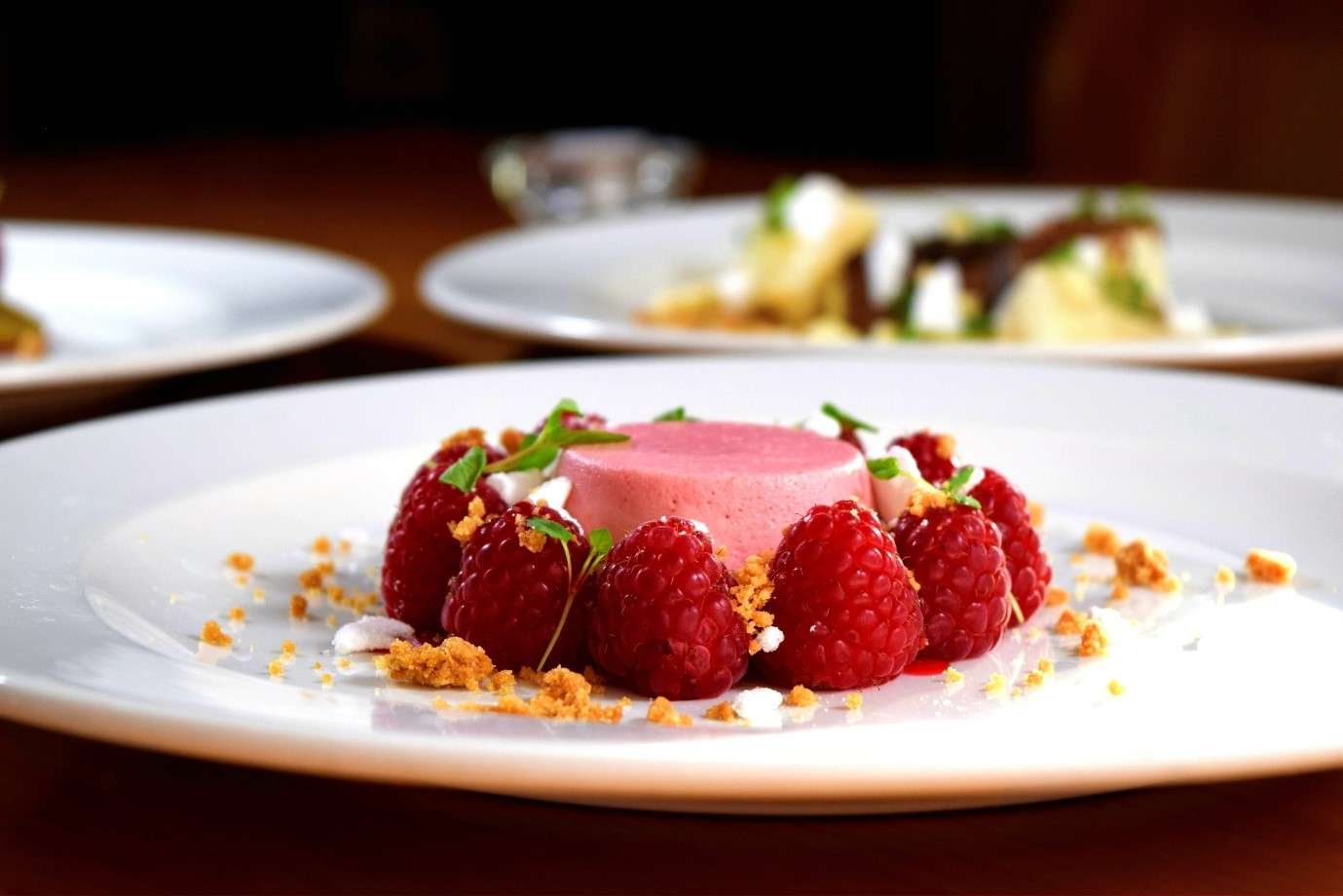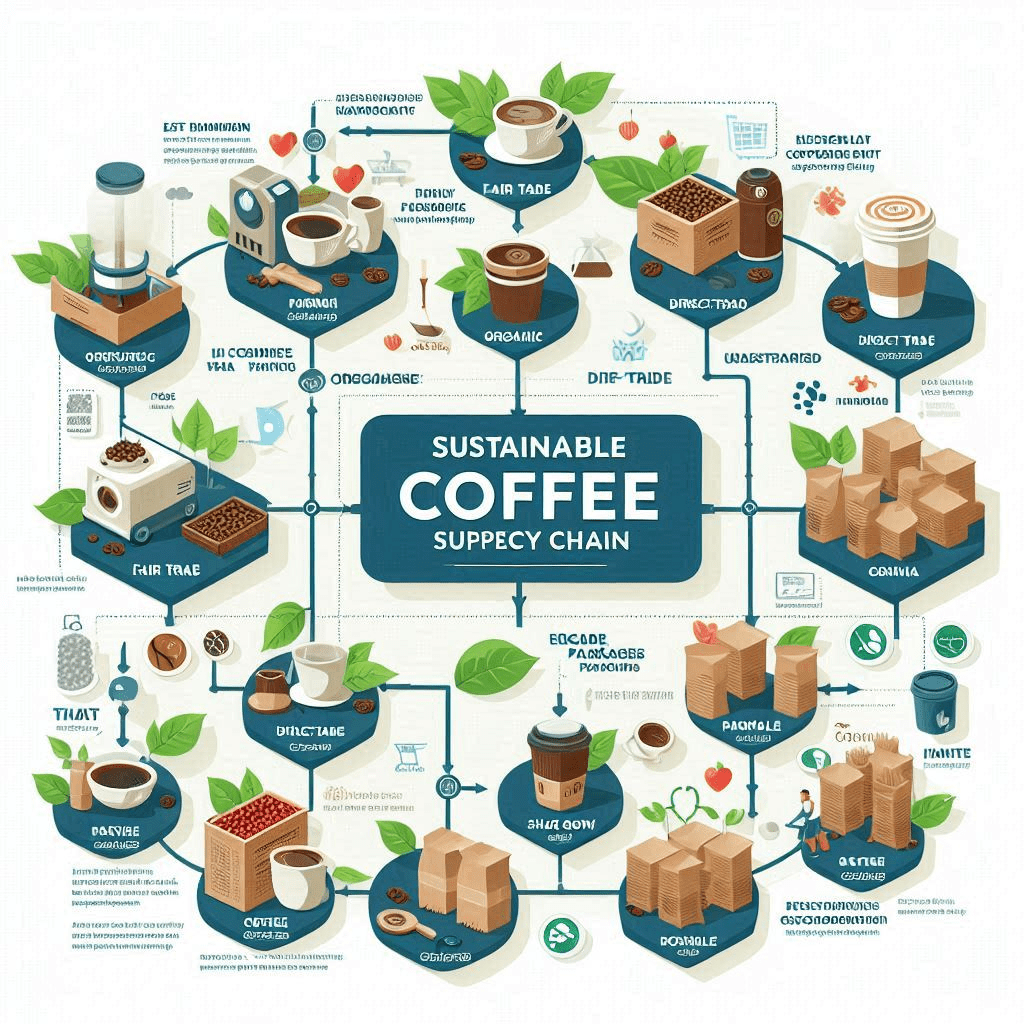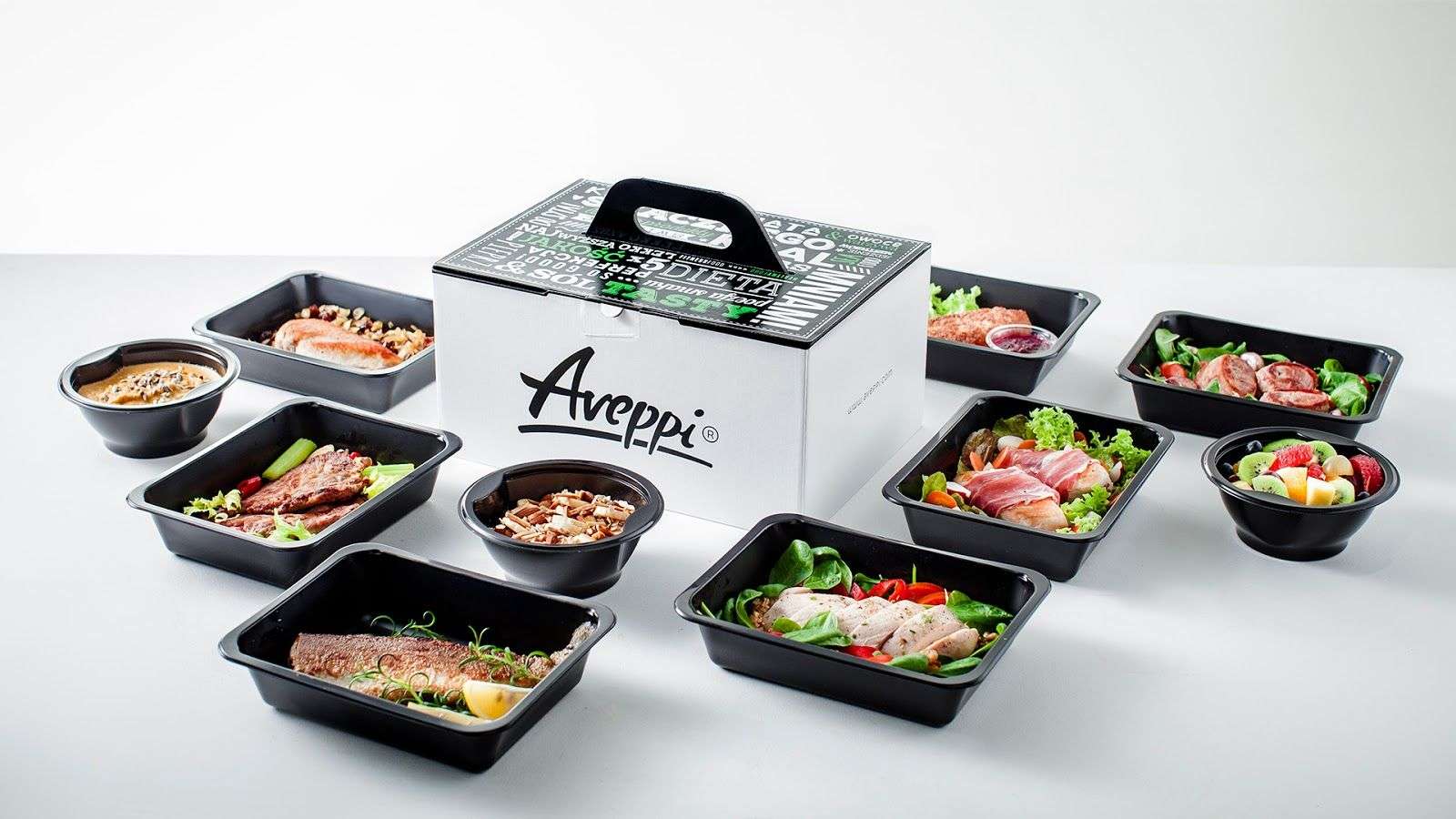In the world of culinary arts and beyond, gelatin stands as a versatile ingredient, finding its way into a myriad of products and applications. Its unique properties have made it indispensable in various industries, raising questions about its origins and its acceptance within different cultural and religious contexts. In this comprehensive guide, we explore the multifaceted uses of gelatin and address the common query: is gelatin haram?
Understanding Gelatin: Nature’s Miracle Ingredient
Gelatin, derived from collagen, a protein found in the connective tissues of animals, boasts a remarkable ability to form a gel-like substance when mixed with liquid. This natural marvel has been harnessed by both chefs and scientists, leading to its extensive use in the culinary world and beyond.
Gelatin in the Culinary World
Gelatin in Cooking and Baking
In the culinary realm, gelatin plays a pivotal role in creating delightful desserts, including jellies, mousses, and panna cottas. Its gel-forming abilities transform liquids into wobbly wonders, adding texture and finesse to an array of dishes.
Gelatin in Savory Delights
Beyond desserts, gelatin finds its way into savory creations like aspics and terrines. Its ability to set liquids allows chefs to craft intricate savory dishes with layers of flavors and textures.
Gelatin in Pharmaceuticals and Medicine
In Pharmaceutical Formulations
Gelatin serves as a vital component in the production of capsules and softgels for pharmaceutical use. Its inert nature and ability to dissolve in the body make it an ideal choice for encapsulating medicines, ensuring precise dosages for patients.
In Medical Applications
In the medical field, gelatin-based products are used for wound care, as hemostatic agents, and in the creation of scaffolds for tissue engineering. Its biocompatibility and biodegradability make it invaluable in promoting healing and tissue regeneration.
Gelatin in the Cosmetic Industry
Gelatin’s film-forming properties find application in the cosmetic industry. It contributes to the creation of face masks, creams, and hair products, providing a smooth texture and ensuring the even distribution of active ingredients on the skin and hair.
Unraveling the Religious Perspective
The question of whether gelatin is halal is a topic of significant concern, particularly among those adhering to Islamic dietary laws. Gelatin is derived from animals, and its halal status hinges on the source and method of extraction. While traditional gelatin comes from animals like pigs, modern technology has paved the way for plant-based and halal-certified gelatin alternatives, ensuring that individuals can adhere to their religious beliefs while enjoying products containing gelatin.
Conclusion
In conclusion, gelatin’s widespread applications in the culinary, pharmaceutical, medical, and cosmetic industries underscore its significance in our daily lives. Its adaptability and unique properties continue to inspire chefs, scientists, and innovators worldwide. As for its halal status, the availability of halal-certified and plant-based gelatin alternatives ensures inclusivity and respect for diverse dietary preferences and religious beliefs.
In this ever-evolving world of culinary and scientific exploration, gelatin stands as a testament to human ingenuity, providing endless possibilities while honoring cultural and religious sensitivities.









